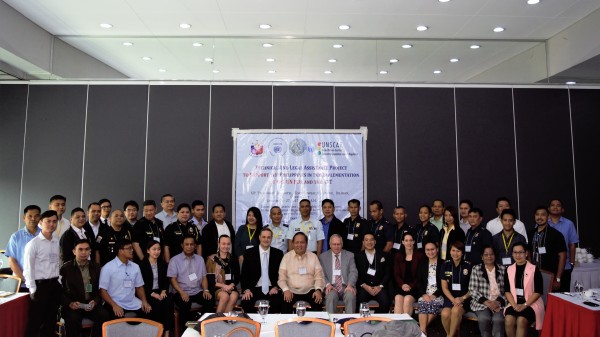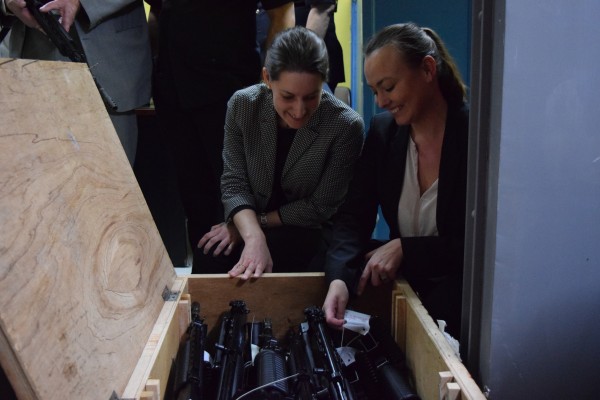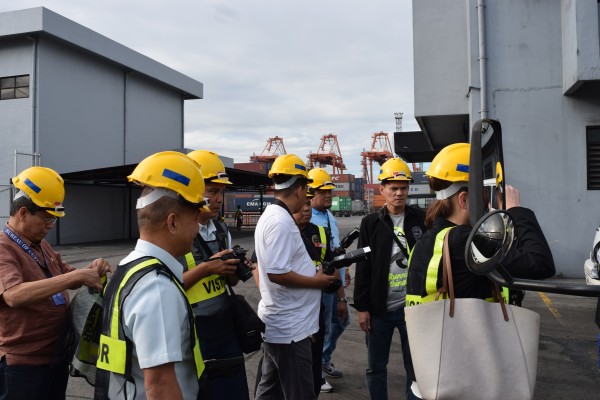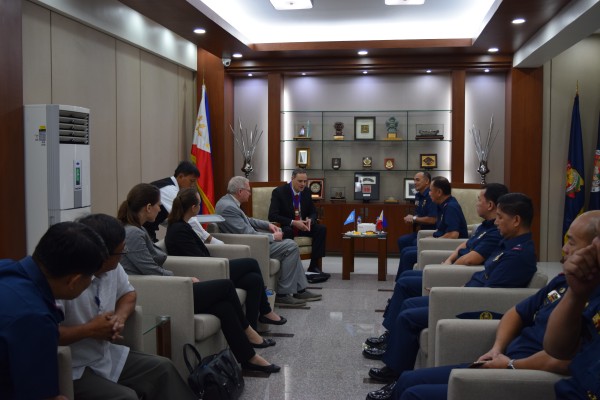Technical and Legal Assistance Project to Support the Philippines in the Implementation of UN PoA and ATT- Phase I
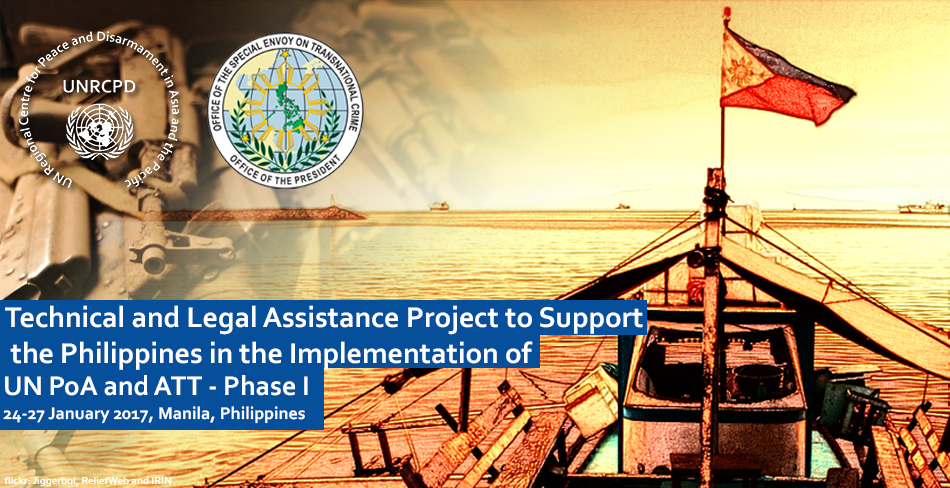
The United Nations Regional Centre for Peace and Disarmament in Asia and the Pacific (UNRCPD) has commenced a project with the goal of further strengthening the national capacity of the Philippines to control transfers of small arms and light weapons (SALW) and other conventional arms and to prevent their illicit trade and diversion.
Developed at the request of, and in cooperation with, the Government of the Philippines, the project is implemented between January and March 2017. It will provide the Government with technical and legal assistance to facilitate its further implementation of the United Nations Programme of Action to Prevent, Combat and Eradicate the Illicit Trade in Small Arms and Light Weapons in all Its Aspects (PoA), as well as to support its future ratification of the Arms Trade Treaty (ATT). These two global instruments provide mutually complementing and reinforcing mechanisms for countering illegal trade and illicit trafficking of SALW, and other conventional arms.
The project consists of three stages. From 24 to 27 January 2017, a technical and a legal expert, as well as representatives of UNRCPD, conducted an initial assessment visit to Manila. The main purpose of the visit was to enable the two experts to meet and discuss with Government representatives involved in conventional arms control to assess and identify the Government’s legal and technical assistance needs. On the first day of the visit, UNRCPD gave presentations on the PoA and the ATT for almost 50 Government officials. The status of national implementation of the PoA and the ratification process of the ATT in the Philippines was presented by the Government and discussed. Two break-out sessions on legal and technical aspects provided an opportunity to the participants to identify and discuss current challenges and respective assistance needs in greater detail. On the second and third days of the visit, relevant government entities and sites were visited, among them the Office of the Special Envoy on Transnational Crime, the Office of the Executive Secretary of the President, the Senate Foreign Relations Committee, the Philippine National Police and the Bureau of Customs, including the Manila International Container Terminal. On the fourth day, the preliminary outcomes of the visit and the next steps of the project were discussed.
On the basis of the findings made during the initial assessment visit, the two international experts will subsequently spend several weeks carrying out desk reviews and preparing comprehensive reports and recommendations for the improvement or further development of laws, regulations and technical procedures. These recommendations will ensure that the national controls related to the physical security, stockpile management, as well as international transfers of SALW and other conventional arms, comply with international standards.
At the final summary visit to the Philippines, planned for March 2017, the experts will present their review outcomes and recommendations and discuss them with Government representatives.
The project is implemented with financial support from the United Nations Trust Facility Supporting Cooperation on Arms Regulation (UNSCAR).
For further information, contact Mr. Aleksander Micic, Deputy Director, by e-mail: info@unrcpd.org.


